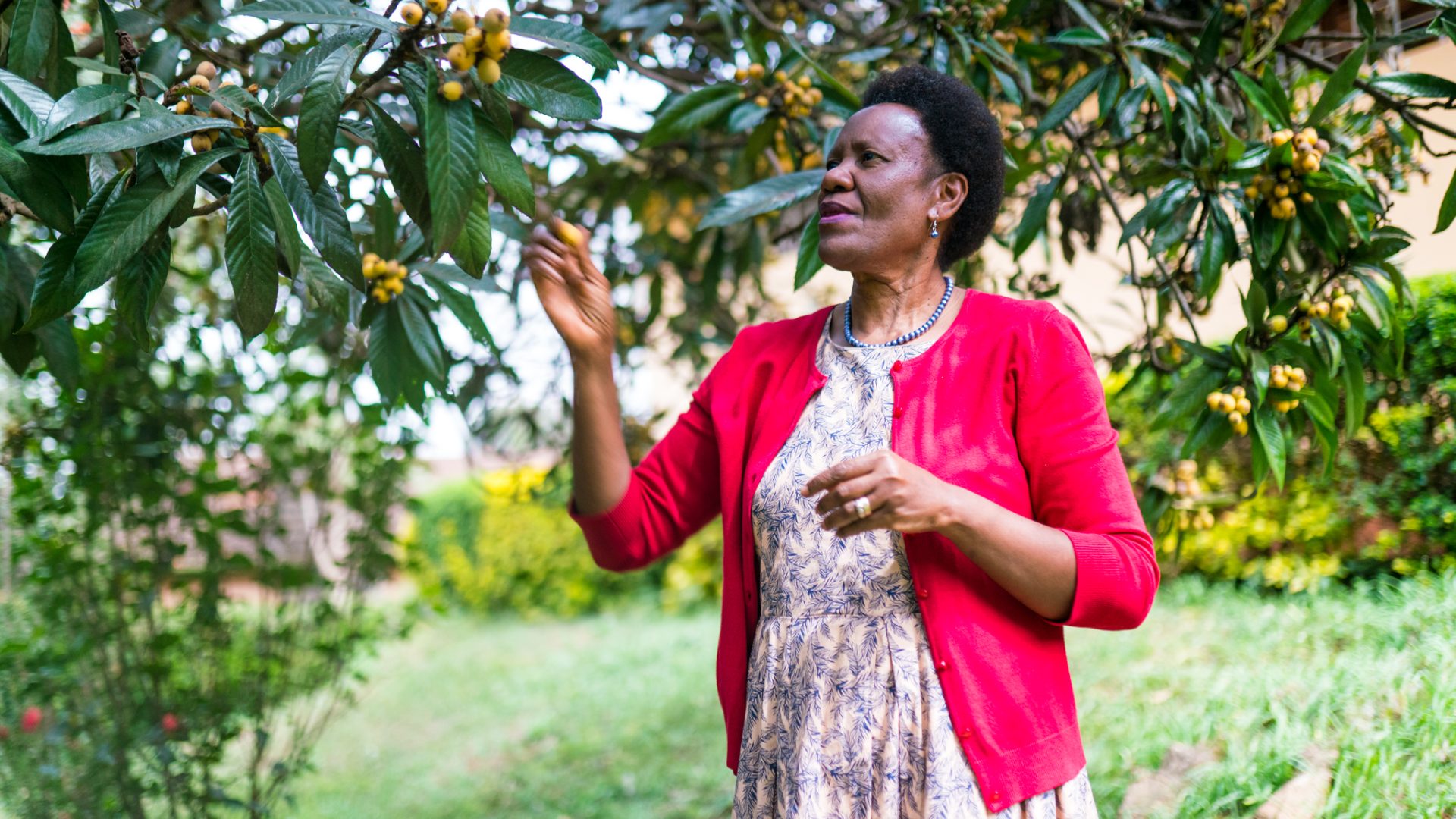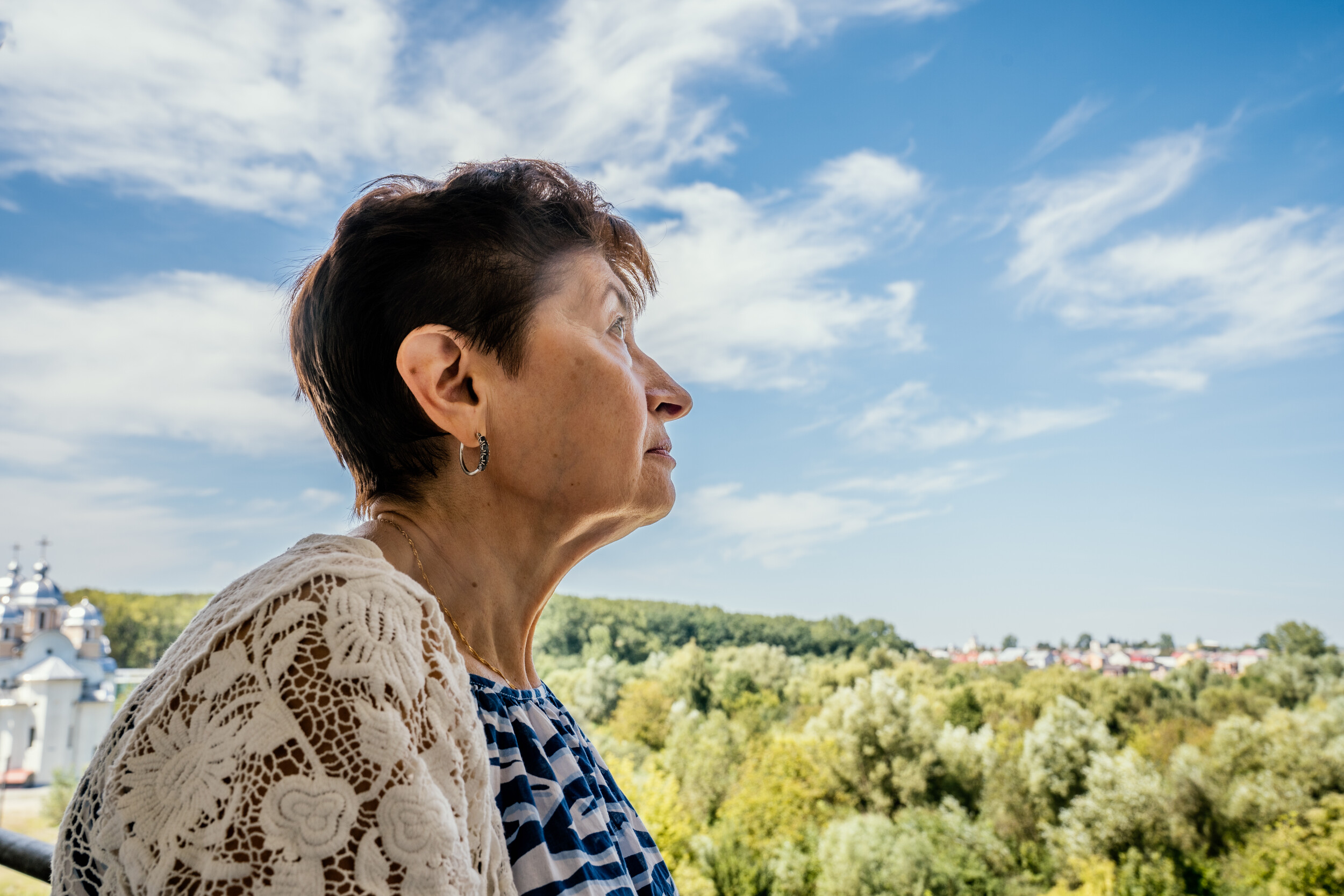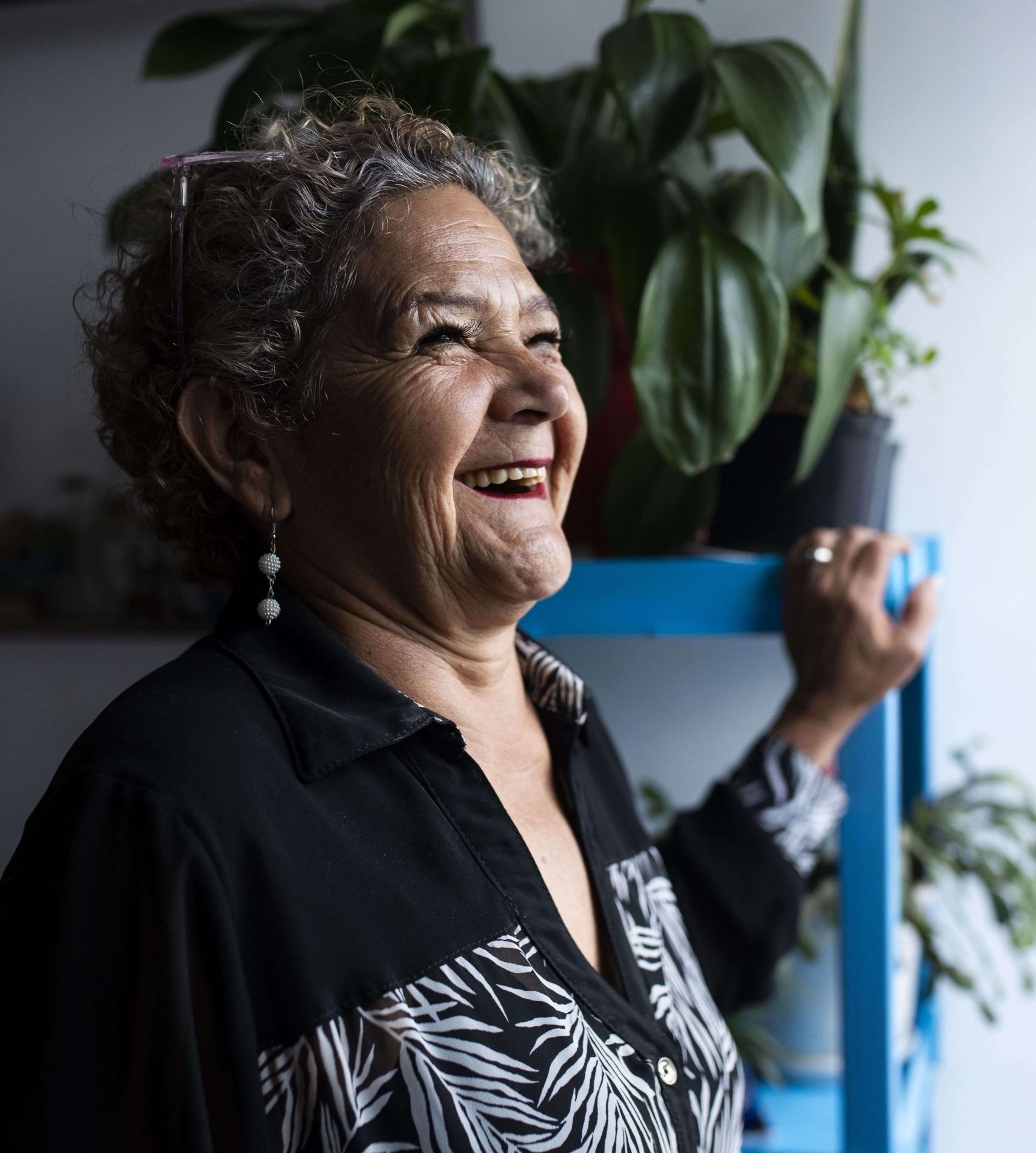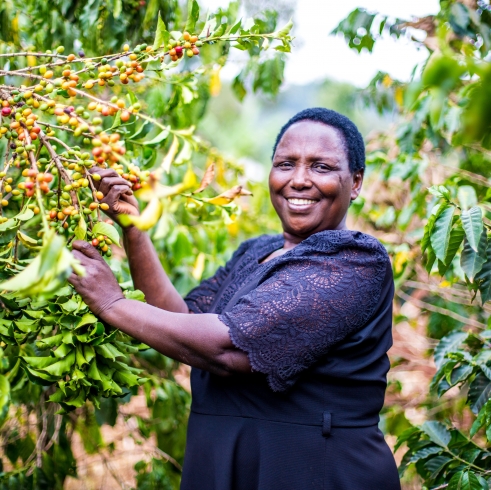Why do older women matter?
Today, more than one quarter of the world’s women are over 50 years old. And by 2050, this number will rise to 35%.
Yet, when we talk about gender equality, older women are almost never mentioned. In fact, only 0.1% of aid targeting gender equality includes any reference to them.
Thirty years ago, the Beijing Declaration recognised that older women face unique challenges, from poverty and poor health to violence and discrimination. But despite promises to improve their lives, progress has been slow. Today, older women continue to be invisible in gender equality discussions, policies, and funding.
Critical areas of concern for older women
Let’s explore the situation of older women in six of the 12 areas of critical concern for achieving gender equality as highlighted in the Beijing Declaration: poverty, health, violence, armed conflict, economy and decision-making.
The reality of poverty in old age
Women are more likely than men to be poor in older age. Many spend their lives doing unpaid care work or working in jobs that don’t provide pensions. When they retire, they are left with little to no income.
- In many countries, older women are far less likely than men to receive a pension. In Ethiopia, for example, older men are nine times more likely to get a pension than older women.
- In Latin America, nearly half of women over 65 don’t have enough pension income to cover their basic needs.
- In many parts of the world, some older women report on relying on their families for basic daily needs or even having to beg to survive.
“We have to beg in order to eat and provide food for our children.” Older woman, Yemen.
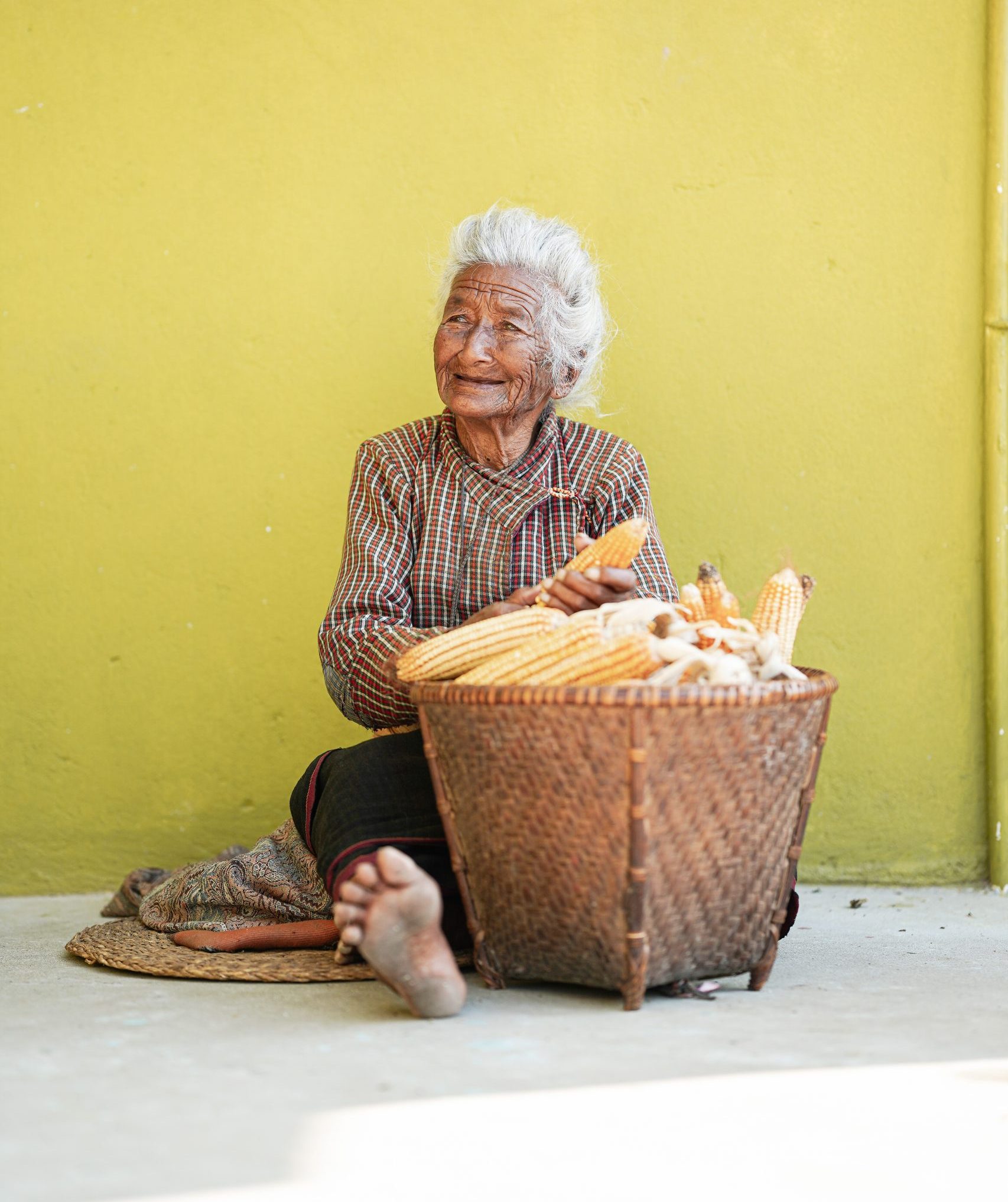
The right to health
Older women live longer than men, but they spend more years in poor health or with a disability.
- Many suffer from conditions like osteoporosis, heart disease, dementia, and mental health issues, but healthcare systems often fail to meet their needs and rights.
- Menopause and post-menopause health concerns are largely ignored by healthcare systems and policy makers.
- Many national health surveys exclude women over 49, as they have been designed to focus on women of reproductive age meaning the needs of older women are not properly understood or addressed.
- Older women are often dismissed in healthcare settings, receiving poor treatment simply because of ageist attitudes.

